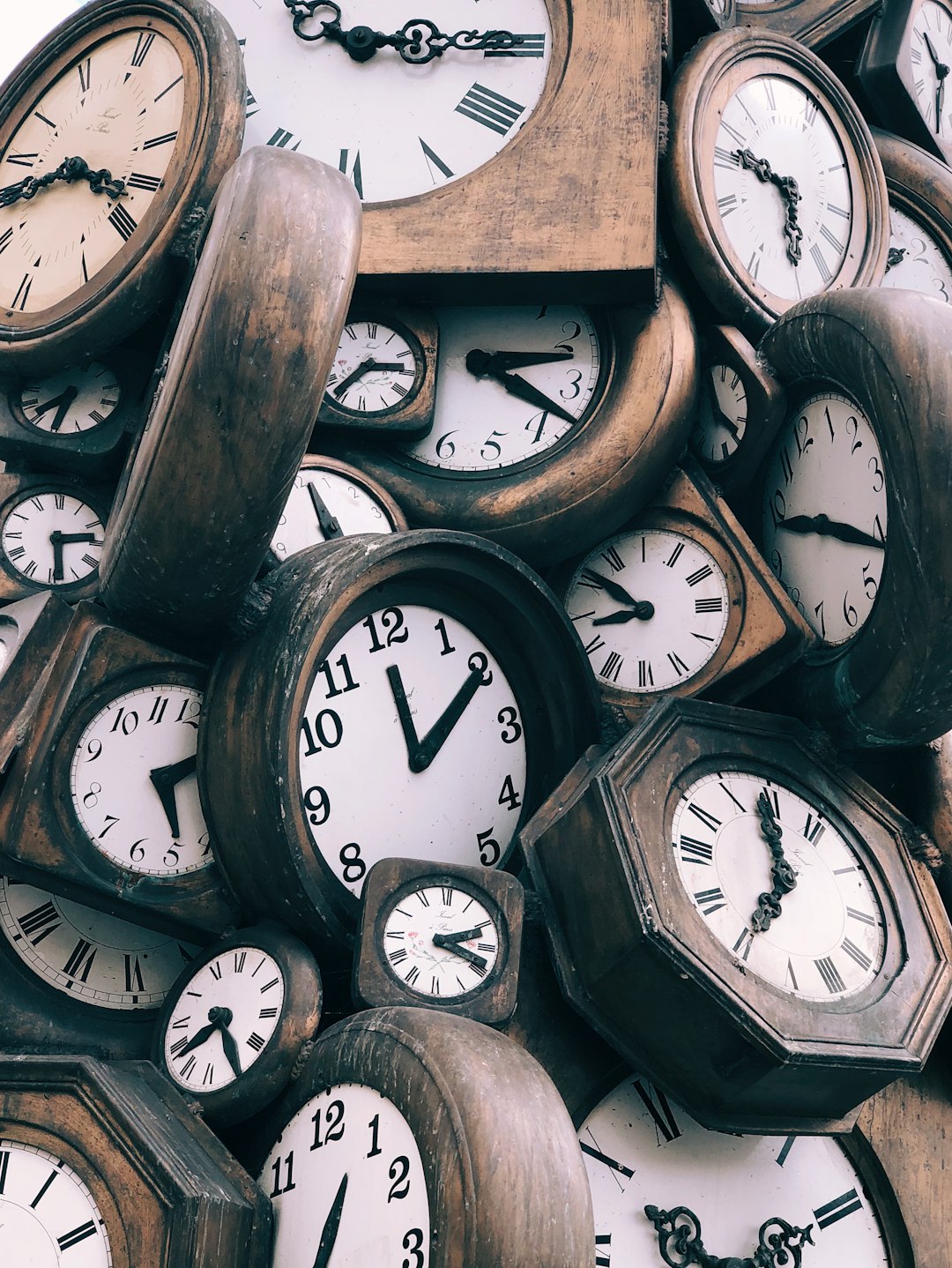“What you don’t do determines what you can do.” Author, Tim Ferriss
My Aunt Sybil had an extraordinary skill: the ability to say, “No.” Sometimes, she would say, “No, I don’t think so,” but either way, that settled the discussion. I’ve seen her shut down young and old with one word, said without any emphasis, without a raised voice, without any insult. But that quiet one-word response left no room for protest.
Author Annie Lamott said, “No is a complete sentence.” It’s a solid statement, a response including all one needs to know. And Aunt Sybil had that sentence down pat.
I’ve been thinking lately about time. Americans have a problem saying “no.” And yet, “no” is what gives our lives focus. “No” is what helps us manage our time.
And the truth is, none of us allow time to take care.
Want a big house? It takes more time and energy to clean it.
Want a pool? It takes time to maintain the water chemistry and skim the debris. A yard? Mowing, weedeating, etc.
Want that cute little figurine collection? You’re going to have to dust it for the rest of your life. With a toothbrush for all those miniature nooks and crannies.
Fancy car? Regular maintenance - plus, cleaning and polishing, and washing.
How many things in your life were purchased, to then only be neglected because didn’t have (or take the time to) maintain and care for them? How many living creatures (pets, plants, loved ones) are feeling neglected because we just don’t have (or take the time to) care for them well?
Human beings? We also need regular maintenance, and we’re high maintenance. We need exercise, regular sleep, proper diet, time for reflection and process, time for prayer, and time outdoors. Teeth cleaning, check-ups, bathing, shaving, clothing, and therapy none of us have time for.
In our consumer-based society, we buy, buy, buy. We earn, we spend. We spend our time earning and spending money but never consider either a waste of time. But I think the quarantine of 2020 has changed this for many. I think Americans are beginning to understand that materialism is a lifestyle of maintenance. We’ve come to notice, we need time, quality time, for living life.
And we are learning to say, “No.”
What we don’t do determines what we can do. And what we choose to do determines what doesn’t get done.
When I chose to return to the workforce after a decade of freelance work, our lovely, giant vegetable garden went feral. The process of laundry still covered wash, dry, and perhaps fold, but never put away. We purchased a dishwasher because I would do anything (and there were plenty of choices) to avoid the kitchen sink.
And when I recently left the workforce to return to freelance work, I realized how little time I had given myself to take care. Take care of the garden. Take care of the house. Take care of relationships with pets and plants and people I love. Take care of myself.
Saying “no” is a form of time management, a form of self-care. “No” to purchases that require maintenance and upkeep, “no” to unrealistic expectations of others, “no” to commitments that do not nourish our souls.
“No” is a complete sentence, and a magical path to freedom. Because if we don’t have time to take care, then we don’t have time to be human.
And “no” can be said just as sweet and regally as Aunt Sybil did, with a slightly ornery smile. It takes practice, but she was a pro. I understand now the pleasure that comes from using that two-letter word, the pride of knowing it has protected your boundaries, and helped you better manage your life.
So let’s all take care to consider what we say “yes” to - and practice using “no.”


